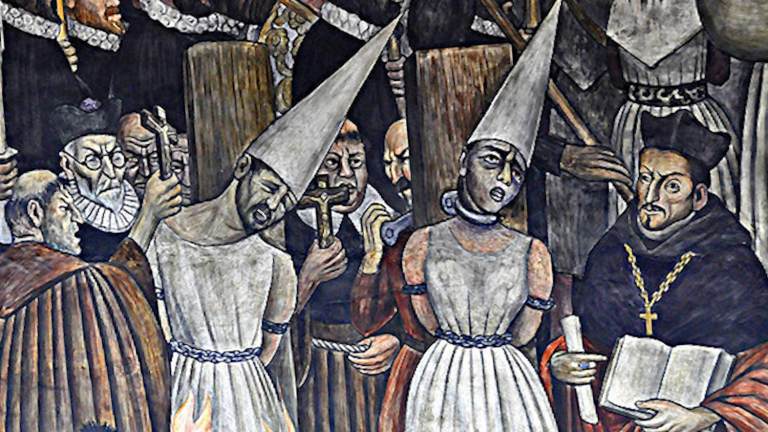
[ad_1]

The word “Sephardic” comes from the Hebrew word “Sefarad,” meaning “Spain.” Hence, “Sephardic” refers to the diasporic Jewish population that left the Iberian peninsula because of persecution in the 15th century. Ardent Spanish monks sparked a national persecution of Jews as early as 1391, and within 50 years, half of the Spanish Jews converted to Christianity. These “conversos” were strictly prohibited from engaging in any Jewish practice, such as kosher food regulations and rituals such as the Passover. These new Christians could not even engage with their Jewish family and friends. Each of these offenses was punishable by death.
Thomas Madden, Historian at St. Louis University, said that the Spanish Inquisition was “a unique situation in Western Europe.”
“Elsewhere in Europe, they simply expelled the Jews,” he said. “In 1290 in England, 1505 in France, they just simply expelled them all. Spain accepted them, and the conversion campaigns in 1391 created a very unique framework, which is what ultimately led the crown, reluctantly, to create the Spanish Inquisition.”
Importantly, Madden provided some much-needed historical context to further illuminate the thought behind the inquisition, however immoral the results of that form of thinking seem to be.
“The early modern period was very different from the one we live in today,” Madden added. “We think of governmental power as being something that comes from the people. That’s both an ancient and a modern idea. In these kingdoms though, power comes from God. God gives that power to the king, and the instrument by which he does it is the anointing of his coronation by the church. That means that if you deny the teaching authority of the church, you deny the authority of the king. That’s why heresy in the Middle Ages is considered a capital offense, because it’s treason.”
Because of this, the adherents of the Inquisition thought that they were justified in their violent treatment of the Jews and saw the Inquisition itself as a means to save the souls of the heretics and to expel heresy, which they saw as dangerous. The Rev. Muldoon noted that the Inquisition “was after truth as it saw, but of course, by all the wrong means and in the wrong ways.”
[ad_2]
Source link